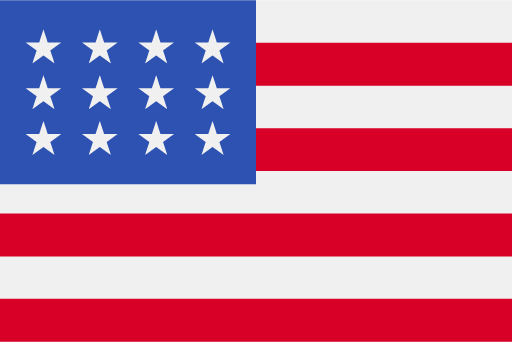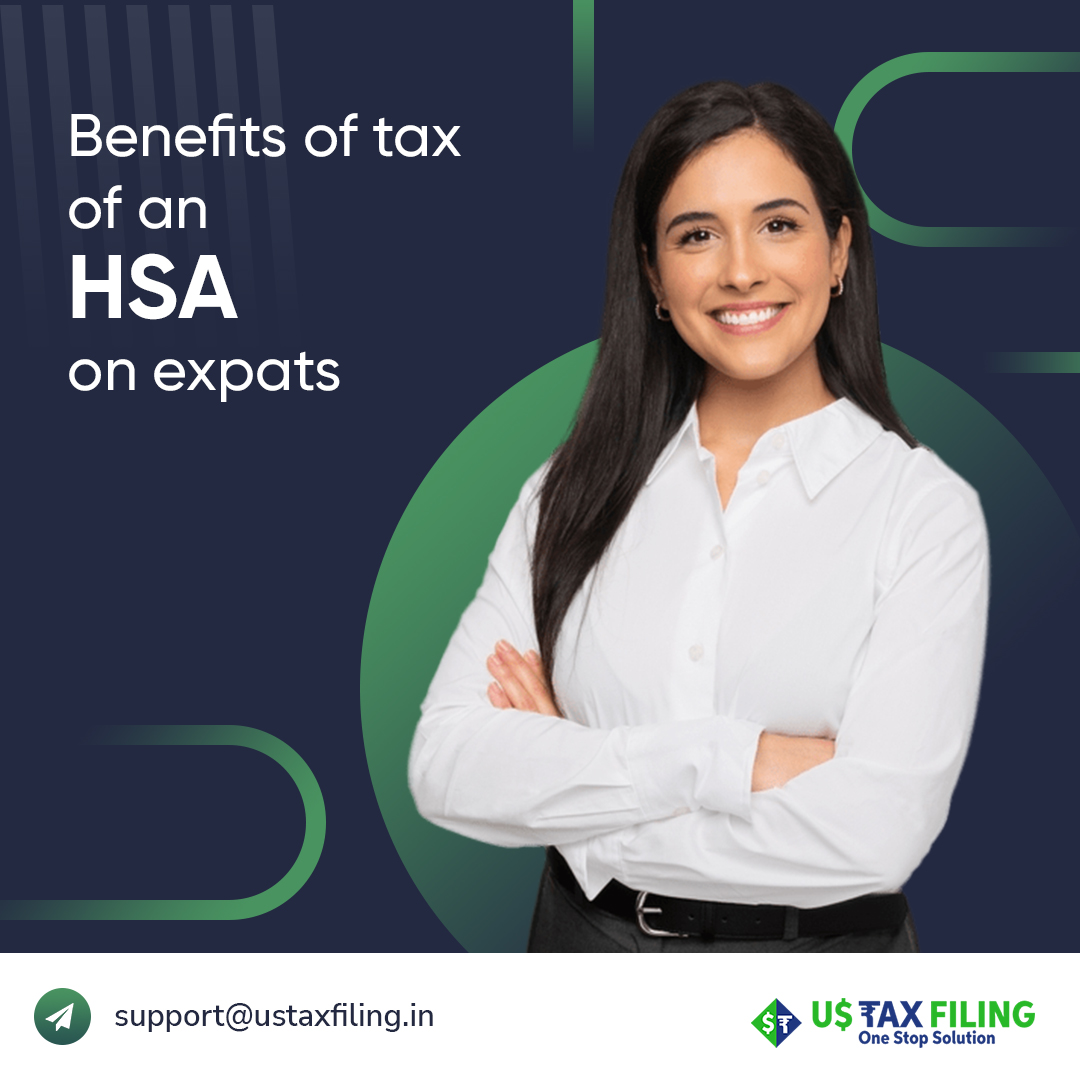Are you shifting to another country to work? Do you wish to know the benefits of tax of an HSA for expats? Here is a list of tax benefits of an HSA for Americans that you must know. So, stay tuned to know more updates related to HSA for expats.
Shifting to another country for work as a US expat is exciting, but it is best if you are young. Also, it is best if you tie up any loose ends particular to the United States including anything related to tax. You may get novel experiences and discover exotic cuisines.
Keep Your HSA as an Expat
There is no purpose to close your HSA account as you are moving overseas. The answer is yes. Few Americans make that mistake. They take the hit of tax (fine for those under 65 years and income tax) to have the funds on hand. Also, the HSA is a safety net when things go south. You may get access to it in a pinch for medical and other costs in another country.
Your provider provides investment options as an expat. They might even contribute to retirement funds. When you hit 65 years old, you may withdraw HAS funds for any purpose without any charges. Also, you may pay income taxes if you don’t use them for medical costs.
What is an HSA?
HAS means a pre-tax savings account particular to medical costs. If you are above 55 years old but not more than 65 then you may add $1,000 to the maximum contribution. You may get family coverage of $7750 and $3,850 for individual persons to your HAS yearly. You may add money to pre-tax HSA, which means you save money on your income taxes. The money is your HAS grows and you may take out funds without incurring any tax charges to pay for eligible medical costs. Also, you may roll over HSA funds until 65 years old.
You may use the cash in your HAS for the following reasons:
·Prescription medicines
·Mental health care
·Eyeglasses
·Long-term care
·Contacts
·Doctor visits
·Dental assistance
HSAs are the best option to save cash on income taxes and save for future medical costs. You may also use your HSA to pay for online shopping on Amazon such as prescription medicines. If you have an HDHP, you might consider an HSA opening. You may establish an HSA through any IRS-certified trustee like an insurance company, bank, or even brokerage firm. Make sure you select an HSA provider to provide you with the most bang for your buck.
You must understand these things about HSAs:
·You may carry over any unused amount in your HSA annually
·You cannot open an HSA if you are enrolled in a preferred provider organization, Medicare, and a health maintenance organization.
·You may withdraw cash from HSA at any time
·You have to pay income taxes on the withdrawal if you use it for non-medical costs
·You may use the funds of HSA to pay for copayments, HDHP deductible, and coinsurance. Also, you cannot use it to pay for your installments or even premiums
·You may make HSA contributions through lump-sum or payroll deduction contributions.
·The bank sends you an ATM card after registration for a HAS. You might use it to pay for allowable costs.
Can You Contribute to an HSA as an American?
All citizens of the United States may open an HSA and may contribute to it, offered they have an eligible deductible health plan. This high-deductible health plan has a lower premium than conventional health plans but high costs which comes to four figures. The minimum deductible amount is $3000 for coverage of family and the self-only amount is $1500. Also, the premium amount monthly is lower, so you may save for future medical costs using an HSA. High-deductible health plans are best for individuals with low medical expenses as they safeguard against medical events by providing low premiums. US expats may contribute to an HSA if they continue to pay for a high-deductible health plan. Also, the cost they save from tax-free HAS is less than the installments they pay for a high-deductible health plan. The cost of this deductible plan was $928.
The best part is you may use HSA funds for eligible medical costs outside the United States. Americans might not contribute to their HSAs if they maintain foreign health insurance policies.
Can You Use HSA Funds While Overseas?
You may think HSA is useless as an American. Also, tax laws stop you from using the funds overseas to pay for medical treatment. It is the best option to get tax-free cash for healthcare expenses. Even if an American is not eligible to contribute to their HSA, they might use the funds in the account to pay for eligible medical costs.
This access is a precious method to save cash on healthcare expenses for expats who reside in countries with huge healthcare expenses. You may use ti for lodging and medical transport for a companion when getting medical assistance. OTC medication and prescription are also eligible if they are in the host country and legal in the United States. Also, needs to apply to medically essential services. Also, you should consume purchased prescriptions in the host country.
You may use it to pay for medical costs if the vendor accepts Mastercard or Visa. The HSA is not a health insurance plan so you may use it anywhere. If the ATM card is attached to your HAS has the symbol of a Mastercard or Visa card. Also, providers may charge a conversion charge between three percent and one percent when using HAS linked ATM card. The rate of conversion is also unfavorable.
If you didn’t get an ATM card from your broker or bank or even the vendor does not accept any Mastercard or Visa. In such a case, you should pay the costs first and get reimbursement from the HSA for expats provider. You may have to give copies of the receipt, medical bill, doctor’s letter, or prescription.
What Are the Benefits of Tax of an HSA for Expats?
The tax benefits of an HSA for expats include distributions, decreased taxable income, and earnings. It also includes tax-free contributions. Contributions made to HSAs are tax deductible but many expats cannot make contributions without being charged.
Tax-free Contributions
If you are permitted to contribute to an HAS plan then the contributions are deductible. It will decrease your current year’s tax bill depending on the marginal tax rate or tax bracket you are in. You should have an HDHP health insurance plan to make deductible contributions. For instance, if you are in the 22 percent tax bracket and contribute $1000, you may end up paying $220 less. You may have to pay $350 less if you are in the tax bracket of 35 percent.
Also, most Americans select a health insurance plan in the host country and not an HDHP plan. Some US depending on health insurance plans, if any give abroad coverage. Also, few Americans might keep an HDHP plan to get treatment in the United States under a health insurance plan.
Tax-free Earnings
All the major investment earnings are not taxed as long as you use the funds in an HSA for eligible medical costs. The cash you put into an HSA is invested. The compound earnings with time may lead to the balance in your account growing properly.
Tax-free Distributions
It is not the case with HSA funds when you withdraw the amount to pay for eligible expenses. With tax-advantaged accounts like conventional 401 (K), you pay income taxes on whatever you withdraw.
Potential Charges for HSA contributions without an HDHP
You may face two types of charges if you contribute to an HSA without an eligible high-deductible plan. A flat rate of 6 percent yearly charges implies excess contributions until they are removed- this is not a cumulative charge.
If you make an additional contribution of $1000 to your HSA, you might incur a six percent charge for the first year. This six percent charge might continue to be assessed yearly for each year the additional contribution remains in the account. If the excess amount stays in the account for a second year, another six percent charge might assessed for that year. It is a six percent charge that is applied every year until the excess is corrected.
Also, the complete income investment is taxable income. The second penalty is almost 10 percent of the excess contributions earned. It is also subject to income tax with other income source. If you are in the income tax bracket of 22 percent then you have to pay a 10 percent withdrawal charge will be $200. For instance, you made an additional contribution for a continuous five years is $1000. From these contributions, you will have a total investment income of $2000. You might owe income tax of $440 or $2000 multiplied by 22 percent. The charges on $5000 of contributions might cost $640 in addition to the contribution charges.
When You Must Use Your HSA?
You might roll over HSA until you are 65 years old which helps your money to grow tax-free. It may be also advantageous to reserve the cash to use them. If you use the cash, the rate of interest will be less. For instance, your healthcare expert will prescribe antibiotics that you may cover quickly. Don’t use HSA for this purpose. Also, you need surgery and you don’t have enough amount to pay for it. You may use HSA funds to cover this gap instead of putting it on the credit card. The interest rate will be more than anything if you earn by keeping HSA funds intact.
When Should You Not Use Your HSA as an Expat?
Most Americans get resident status in the work country which makes them eligible for universal healthcare. An HSA assists in paying for eligible medical costs but you might not need it as an American. If medical costs are minimal because of this arrangement, you may not have to use your HSA funds. You might also wish to refrain from using HSA if you cannot prove your costs are legally qualified or prescribed. If you are not aware, you may consult your provider about it. It means you might have to pay income taxes in addition to penalties for the distribution.



